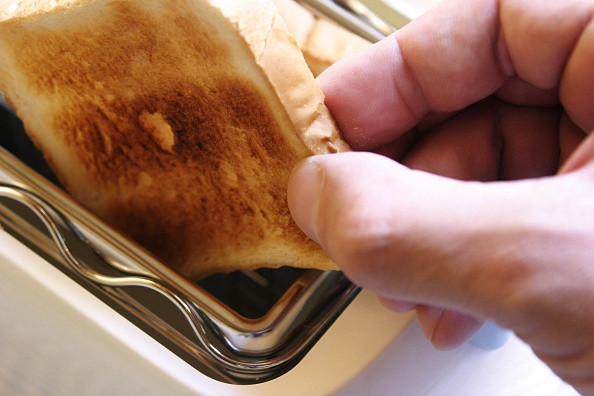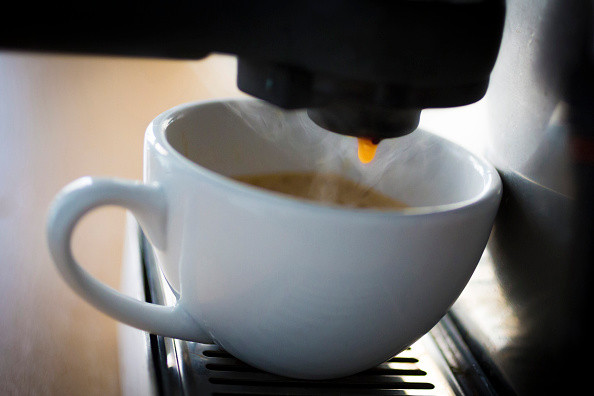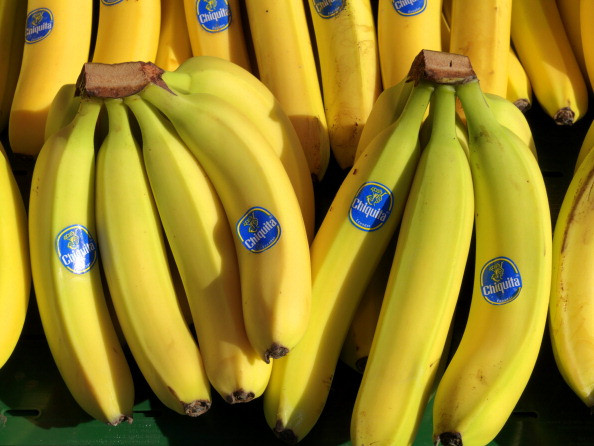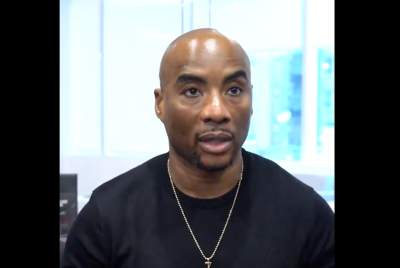EU myths: What are the strangest alleged rules imposed by the European Union?

MPs in the House of Commons have voted to allow the government to campaign on whether or not to stay in the European Union in the final build up to the referendum.
Despite 27 rebel Conservatives defying their party, an overwhelming majority of 288 to 97 voted against Sir Bill Cash's amendment that would have prohibited government announcements in the run-up to the poll.
The vote was just one step along the way to the referendum, which David Cameron has promised will happen before the end of 2017.
With the EU and its diktats set to remain a political hot potato until then, IBTimes UK looks at some of the myths that have been spun about the supranational union.
The EU wanted to ban double-toaster
It appeared breakfast time would never be the same again when reports emerged in 2004 that double-toasters were going to be banned. However, what a Deloitte commission set up to investigate energy consumption actually said was the appliance used up unnecessary energy. No ban was ever proposed.

Bureaucrats in Brussels were coming for your coffee
Trouble was brewing in 2013 when new rules were introduced to make appliances more efficient. This was interpreted as a raid on caffeine. Not so, according to the EU, who in a blog post said the claim was "utter rubbish".
EU policy is shaped by an army of business lobbyists
It has been claimed a horde of 30,000 lobbyists lean on MEPs and bureaucrats to shape rules and regulations. But according to the European Parliament's visitors' register, there fewer than 6,000 people who have visited. A better estimate is between 10,000 to 25,000 – only one third of whom are business lobbyists.

You must not listen to bagpipes
The EU was moving to ban bagpipes in 2005, according to reports, on the grounds the instrument breached noise pollution laws. Lawmakers said the rule was designed to protect workers using loud machinery continuously for eight hours or more. However, a bagpipe player wanting play for an exhausting eight hours would have to have a noise assessment performed on the venue.
The lives of UK citizens are governed by EU laws
There is no doubt laws and regulations formed on the continent influence the lives of people in the UK. But an estimate by The European Magazine puts the total amount of UK law that originated from the EU at 9.6%.

The EU wanted to ban curved bananas
One of the best known myths about the union. In 1994, newspapers reported the EU was to ban curved bananas. The European Commission said they should be "free from malformation or abnormal curvature" but that it only applied to unripe bananas ones and in any case was brought in to instil quality control.
Barmaids must cover their breasts
Newspaper readers imbibing drinks at their local were apparently spitting with rage in 2005 when policy makers in Brussels were planning to order barmaids cover their breasts. On closer inspection, employers were being told to be more responsible for ensuring their staff did not suffer from overexposure to the sun or artificial light sources.
Firemen must stop using their poles
In a bid to cut compensation claims, Eurocrats were reportedly taking all the fun – not to mention efficiency – out of firefighters' jobs by ordering them to use stairs rather than a traditional pole. The European Commission denied that was the case and said it would never ban the "essential apparatus".
© Copyright IBTimes 2025. All rights reserved.






















